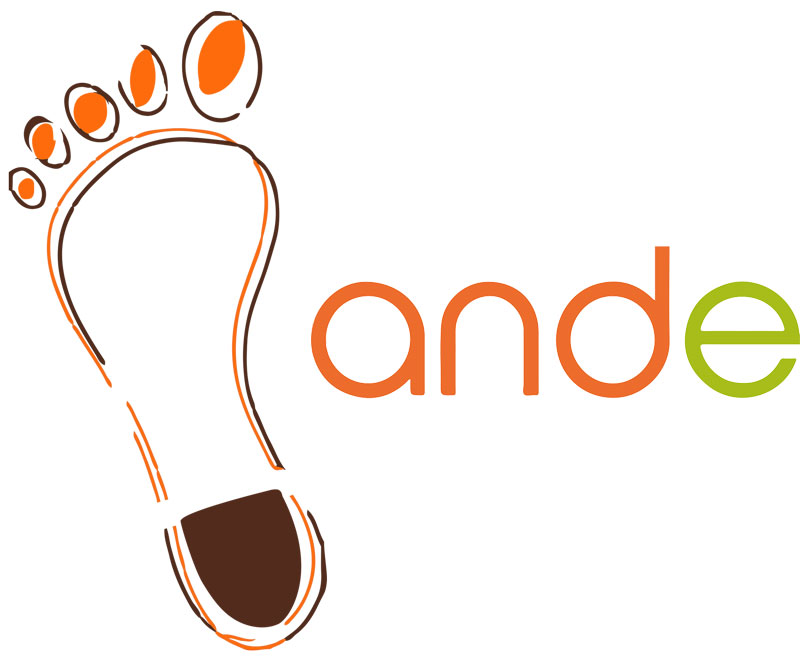If we ought to believe the trend watchers, in approx. 5 to 10 years from now coaching will be taught at the universities rather than by coaching schools, psychologists and coaches will meet in coaching sessions… What are the implications of these changes for present and future coaches?
In my opinion, because of lack of strong measures by organisations like ICF, EMCC and AC to make of coaching a recognised profession, the horror stories about coaches not serving their clients will multiply exponentially as well as half trained coaches and mentor coaches, not to forget the universities taking a big step to train coaches as a major study. The future of coaching brings a lot of questions with it.
TRENDS 2016 – 2020:
- Hundreds if not thousands of privately-owned training schools are erupting like mushrooms. The problem is accrediting organisations are not looking at the quality and viability of the programs. It seems it is more about how many coach programs get an “okay” from the organisations than about safekeeping the quality of training, and the profession.
- The market is showing that coach training is increasingly being “adopted” by universities with the intention of creating bachelor’s degree out of coaching. This will definitely help to give coaching the status of profession, but it also means coaches will not start a career with practice and experience but have a scholarship attitude with no experience in the real world. The cost for training coaches will skyrocket from 1 or 2 year- training at a cost of about USD 1.0000 to 1.5000 to a university degree of 4 years at a cost of an average of USD 4.0000+
- Scientific Research confirming the benefits of coaching is on the rise. This will have great effect on how coaching is perceived and implemented. Clients will be expecting coaches to expand their knowledge beyond just the coaching field.
- Psychology, psychotherapy and neurosciences industries are meddling in the field of coaching and if they entrench in coaching, the profession as we know it now will change. Think it is too soon to say how.
As results of these trends professional coaching might be regulated in many countries, especially in the European Union, Australia and some countries in Asia. These regulations will require coach-specific certification and or college degrees, as well as accept standardized global codes of ethics as requirements. Coach organisations like ICF, IAC and EMCC will have to start negotiating with universities, and governing bodies on coaching requirements, certification and accreditation specs so they can claim their legitimate place in the market. The positive side is that these organisations will need to concentrate on quality rather than quantity and be managed more professionally.
What can coaches do now?
To be ahead of the changes and new demands I believe coaches need to take some steps right away:
- Keep working on their professional development: keep their coaching skills sharp, inquire about new training programs such as neuroscience, assessments, supervision, mindfulness, leadership subjects, career or business themes.
- Keep their certification up to date and become a member (if they haven’t) of one of the mayor coach organisations like IAC, EMCC or ICF
- Designate a yearly training budget and choose a combination of workshops and longer training programmes. Also attend at least one coach conference every other year to learn about trends and changes and have the chance to talk to the trend setters.
- Have a good marketing plan in place – allocate a yearly budget for this purpose
- Be the best coach you can be!
How do you see the coming trends in coaching affecting you as coach and business owner?



 Edmée is a Professional Certified Coach (PCC) and a Certified Mentor Coach with over 15 years of broad international experience supporting coaches to prepare for ICF certifications and individuals with their personal growth. Her trademark course
Edmée is a Professional Certified Coach (PCC) and a Certified Mentor Coach with over 15 years of broad international experience supporting coaches to prepare for ICF certifications and individuals with their personal growth. Her trademark course